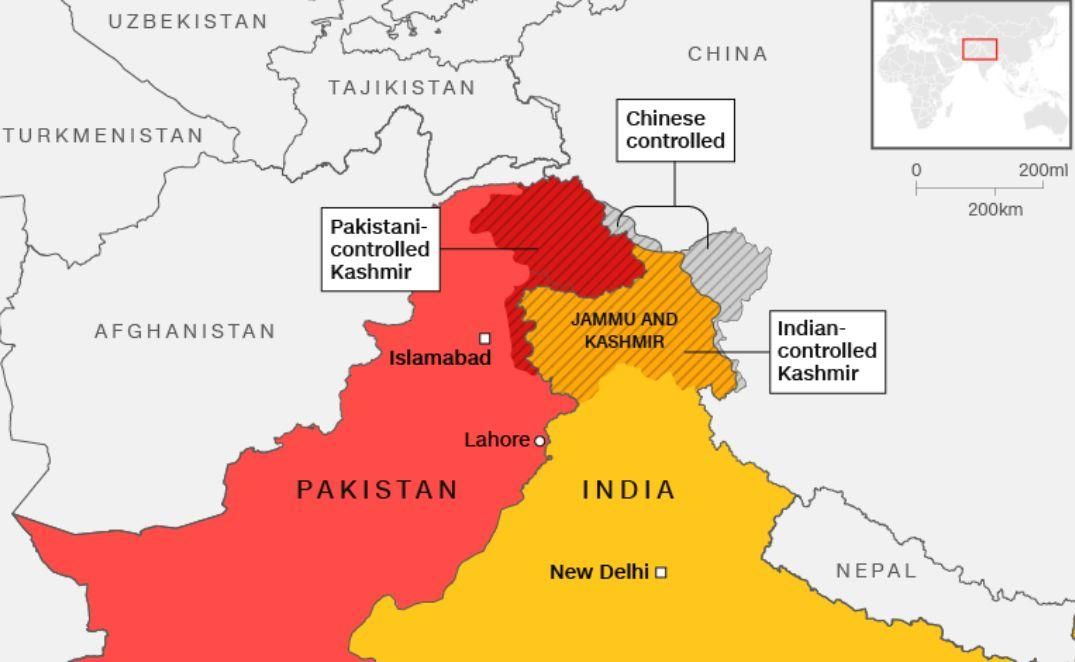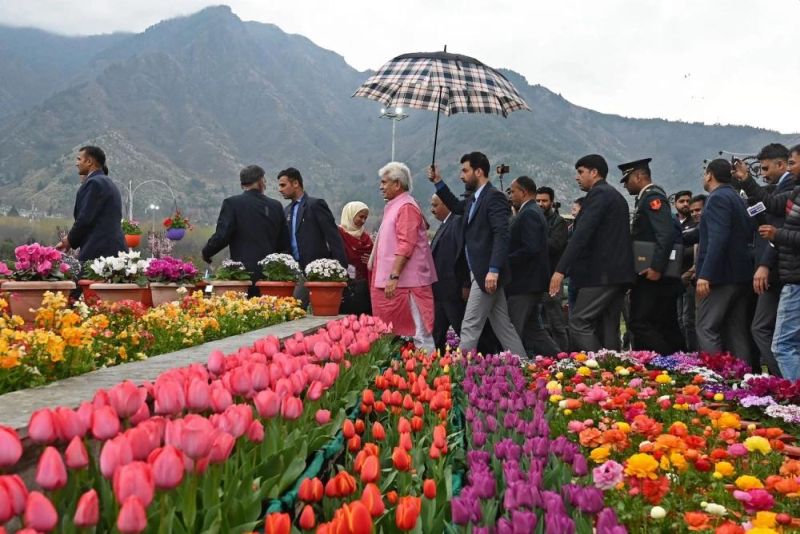By Eric Vandenbroeck
and co-workers
The 2023 G-20 Meeting
While Narendra
Modi's ruling party BJP has been
tightening its grip on Kashmir and populating Muslim-majority Kashmir
with Hindus from other parts of the country, India recently released a list of upcoming G-20 meetings it will host as
this year’s president of the group of top economies. The list includes a May
tourism working group meeting in Srinagar, Indian-administered Kashmir. The
meeting will mark the first major international event in the disputed region
since August 2019, when India revoked Indian-administered Kashmir’s special autonomous status.

By hosting the
meeting in Srinagar, India likely aims to highlight its rich geographic
diversity. It held G-20 tourism meetings in Gujarat and West Bengal earlier
this year and has scheduled another in the state of Goa in June. But New Delhi
also probably wants to signal that Indian-administered Kashmir is stable, peaceful,
and ready to engage with the world after the 2019 decision.
Taken at face value,
some recent developments suggest a return to normalcy in Kashmir. Militant
violence has subsided, although the Hindu minority has recently suffered deadly
attacks. Tourism figures for
Jammu and Kashmir, one of two Indian union territories in the region, broke records last year, although the tourism is mostly
domestic. Investors are coming, too. In March, an Emirati property
company announced a $60 million project to build a shopping mall
and offices in Srinagar. Direct air corridors are reemerging.
However, by other
measures, little has changed. In the Muslim-majority Kashmir Valley, public anger with New Delhi remains rife. The region remains heavily militarized, with
continuing crackdowns on the right to
protest and freedom of
speech. One Kashmiri
contact, who requested anonymity out of concern for their safety, said that
India’s G-20 meeting in Srinagar is just an “attempt to fake normalcy.”
Jammu and Kashmir
Lieutenant Governor Manoj Sinha walk during the inauguration of the tulip
garden in Srinagar, Indian-administered Kashmir:

Press restrictions in
Indian-administered Kashmir are especially draconian. The space for media has
“drastically eroded” since 2019. Newspapers are reduced to “extensions of the
government’s PR department,” another said. A source confirmed that Thursday marked
the beginning of the trial of journalist Fahad Shah, editor of the Kashmir
Walla and a previous FP contributor. Shah was arrested on terrorism
charges in February
2022 for publishing what police described as “anti-national” material and faced
potential life imprisonment if convicted.
Kashmiris are also
grappling with electoral uncertainty. Jammu and Kashmir haven’t had elections
since 2014. India’s Election Commission may visit the territory this month; ruling Bharatiya Janata Party leaders say they are ready for elections but have not
provided a timetable. With six state elections between May and the end of the
year, India may want to wait—perhaps until national elections, which are expected
to be held by May 2024.
Despite all this,
relatively little of the world’s attention focuses on Kashmir today. When it
does, it’s increasingly seen through a lens of opportunity. Foreign investors
are coming, international flights are returning, and G-20 delegations will
soon visit. UNESCO has even added Srinagar to its Creative Cities Network. In the
global eye, Kashmir is seemingly returning to normalcy. And that’s exactly what
New Delhi wants.
For updates click hompage here